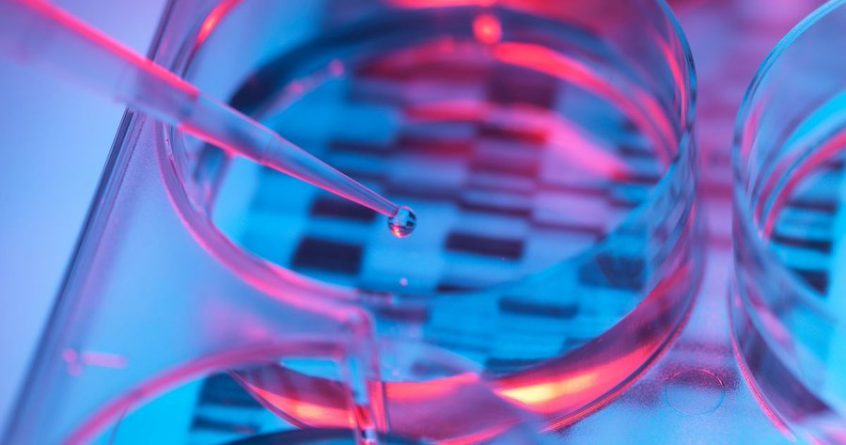Funding for genetic research can be money well spent – as experiments into cancer at Cambridge University prove.
Researchers have discovered genetic mutations that give a personal history of the damage and repair processes each patient has been through.
In the biggest study of its kind, the Cambridge team, led by Professor Serena Nik-Zainal, analysed the complete genetic make-up, whole genome sequencing (WGS) of more than 12,000 NHS cancer patients.
The researchers were able to detect patterns in the DNA of cancer, known as mutational signatures, that provide clues about whether a patient has had exposure to environmental causes of cancer, such as smoking or UV light, or has internal, cellular malfunctions.
“WGS gives us a total picture of all the mutations that have contributed to each person’s cancer,” says first author Dr Andrea Degasperi, from Cambridge’s Department of Oncology.
“With thousands of mutations per cancer, we have unprecedented power to look for commonalities and differences across NHS patients, and in doing so we uncovered 58 new mutational signatures and broadened our knowledge of cancer.”
Prof Nik-Zainal, who is an honorary consultant in clinical genetics, said “mutational signatures” are like fingerprints at a crime scene, helping to pinpoint the cancer culprits. She adds: “Some mutational signatures have clinical or treatment implications – they can highlight abnormalities that may be targeted with specific drugs or may indicate a potential ‘Achilles heel’ in individual cancers.
“We were able to perform a forensic analysis of over 12,000 NHS cancer genomes thanks to the generous contribution of samples from patients and clinicians throughout England.
“We have also created FitMS, a computer-based tool to help scientists and clinicians identify old and new mutational signatures in cancer patients, to potentially inform cancer management more effectively.”
The research has prompted much optimism for future cancer treatments, including from Professor Dame Sue Hill, chief scientific officer for England and senior responsible officer for genomics in the NHS.
She said: “The NHS contribution to the 100,000 Genomes Project was vital to this research and highlights how data can transform the care we deliver to patients, which is a cornerstone of the NHS Genomic Medicine Service.”
Michelle Mitchell, chief executive of Cancer Research UK, which funded the research, added: “This study shows how powerful whole genome sequencing tests can be in giving clues into how the cancer may have developed, how it will behave and what treatment options would work the best.”
We’re clearly turning a corner in cancer treatment…

